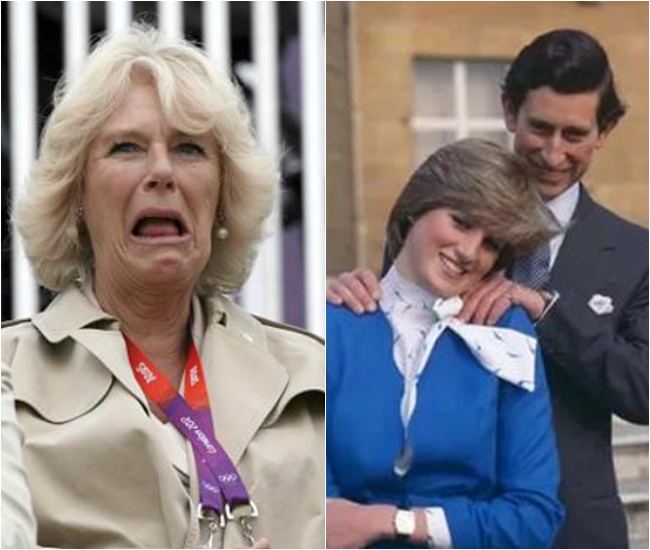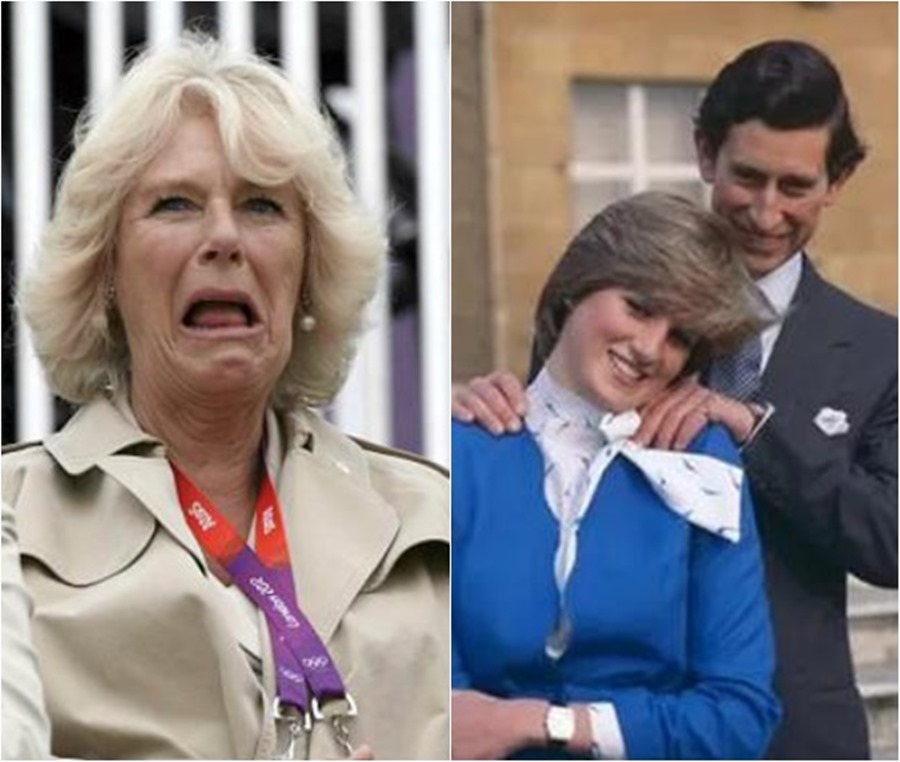In a revelation that has sent shockwaves through the United Kingdom and beyond, Queen Camilla, now 77, has spoken out for the first time about her complex feelings toward the late Princess Diana. In a rare interview, Camilla addressed her connection to the tragic car accident that took Diana’s life in 1997, admitting, “I was jealous of Diana.” This unprecedented confession has reignited the public’s longstanding interest in the relationship between Camilla, Diana, and the late princess’s untimely passing.

Camilla’s admission came during a conversation about her early days with Charles. Reflecting on her own struggles at the time, Camilla shared that her feelings of jealousy toward Diana were stronger than ever, noting that Diana’s charisma and widespread popularity made her feel overshadowed. “Diana was loved by millions,” she explained, “and that admiration was something I couldn’t compete with.” Camilla acknowledged that the media’s relentless attention to Charles and Diana’s marriage and Diana’s humanitarian work created immense pressure. She confessed that her jealousy sometimes led her to make questionable choices, although she did not go into specific detail about what those decisions entailed. However, her words have raised speculation about the impact of her feelings on the events surrounding Diana’s life and legacy.
Although Camilla stopped short of directly implicating herself in any physical connection to the tragic accident, she acknowledged that her feelings of resentment toward Diana might have influenced some of her decisions during those years. “I was not proud of the way I handled things,” she admitted, adding, “I often felt like an outsider, and that feeling sometimes got the best of me.” These statements have prompted intense reactions from both royal supporters and critics, with some applauding Camilla’s courage to speak openly about her flaws, while others express concern over what this might imply.
Camilla’s revelations bring to light the emotional complexities within the royal family, particularly during an era when Charles, Diana, and Camilla were thrust into a media storm that left none of them unscathed. With Camilla now part of the monarchy’s inner circle as Queen Consort, her acknowledgment of past jealousies offers a rare glimpse into a dynamic often shrouded in secrecy.
As the British public and global audience process Camilla’s words, questions are sure to emerge regarding the full extent of her past choices and how they impacted the course of royal history. While Camilla’s statements may provide some closure for those who have long speculated about her role, they also open new avenues for dialogue about accountability and forgiveness within the royal family’s storied legacy.
